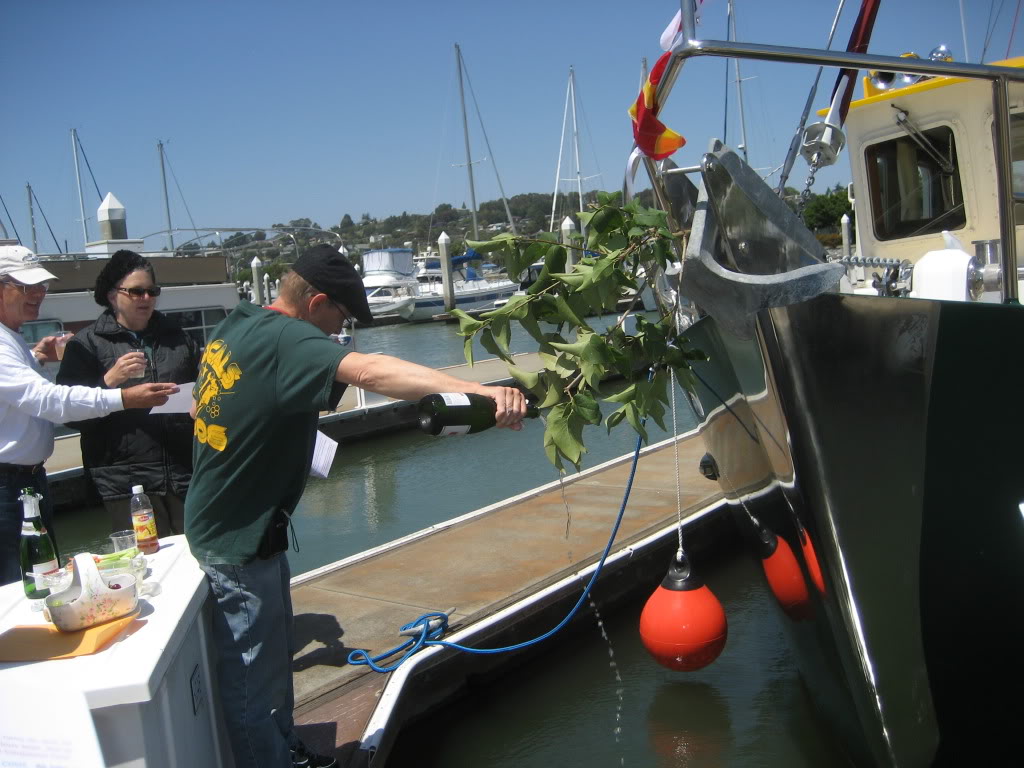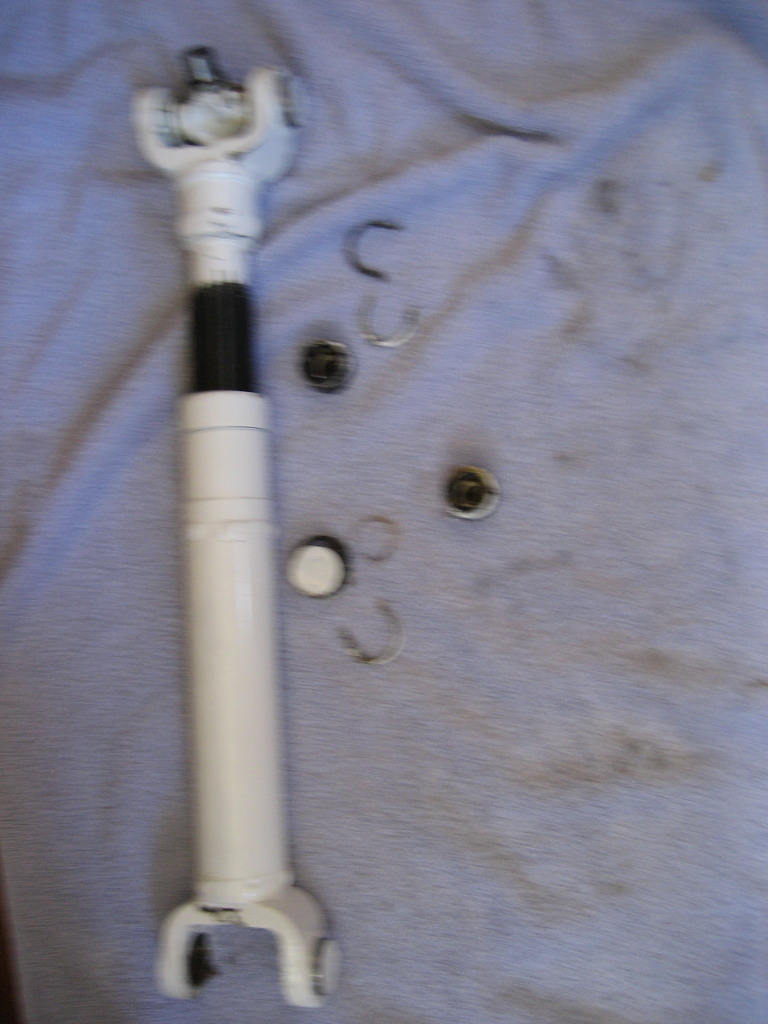jleonard
Guru
- Joined
- Jun 25, 2008
- Messages
- 5,063
As many as you care to feed ,maintain, and fix.
I can only afford one.
I can only afford one.



I cant find the link. but this is similiar except that it uses four pisrones in teo cylinders. The one that impressed me used two pistonsw which fired both up and down making the two cylinders into four. The piston top and bottom were the dame and the wrist pins extended to operate rods to the crank
EcoMotors OPOC Two Stroke Engines – Opposed Piston Opposed Cylinder
Greetings,
Ya, don't forget twins sink twice as often as singles as well...

The one thing a boater should NOT base a decision on in my opinion is the "two is twice as likely to experience a shutdown as one" theory because in the real world, it's simply not true.
Mark bought a brand new single engine boat and within what, a year? his driveline fell apart into a zillion pieces.


Sorry, Marin. That's not logical. If one has twenty (whatever) engines, eventually there will be twenty (whatever) failures. With one engine, only one failure.



Not sure that advances the issue. For present purposes, try this summary:Sorry, Marin. That's not logical. If one has twenty (whatever) engines, eventually there will be twenty (whatever) failures. With one engine, only one failure.
Not so, we`re strictly a hull speed "plodder" but figure the handling and "get home" capability is worth the cost of twins. I had a single, never had a failure, but concede a single will likely get more carefully (? fanatically) maintained. And I don`t rule out ever owning a single again.Me thinks you want the ability to exceed hull speed with multiple engines and transform your boat from a trawler to a sedan cruiser.
Hi Guys
For the last 30 years I have being sailing on sailboats, and because I`m moving to Fort Myers where I have an apartment with a dock included, that only accept up to 5`0 draftI So I sold my 52 Amel Supermaramu. Now I`m looking to buy a power boat, trawler, or similar. Because I`m ignorant on this matter the first question is: One Engine or two engines.Y will be concentrated in the ICW, or Bahamas.I had in mine Mainship or Grand Banks type.
Any suggestion are really welcome.




All I know is my dock neighbor... in his single FL120 45 came in after cracking the block because he "limped it home". I said said I would have shut it down and came in on one screw. He said "I wish I had that option...". I didn't realize he was a single.
I thought of this thread when he made that comment.
Another reason a twin could be more efficient is that it's not having to counteract the propwalk w a deflected rudder creating more drag.
